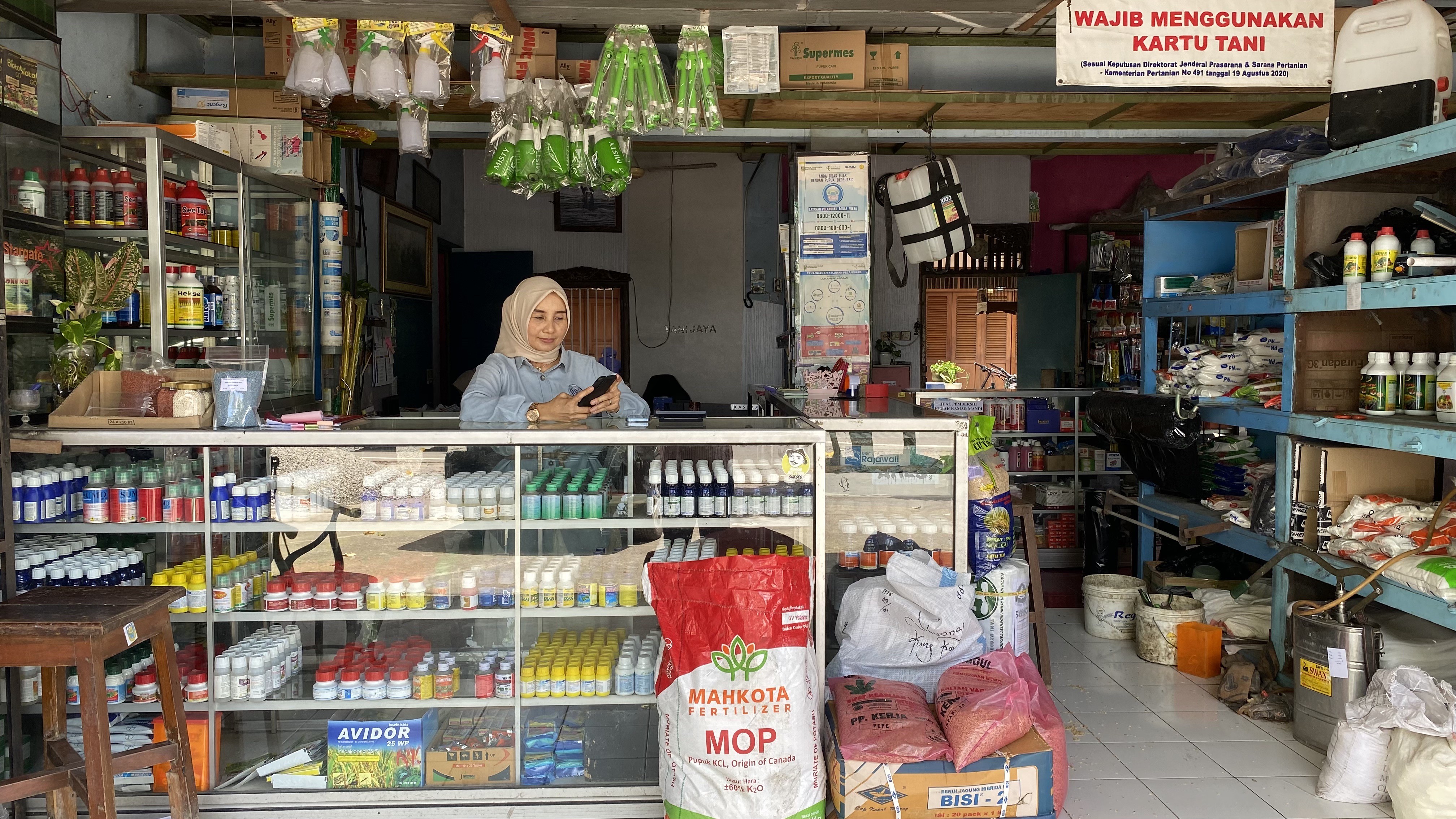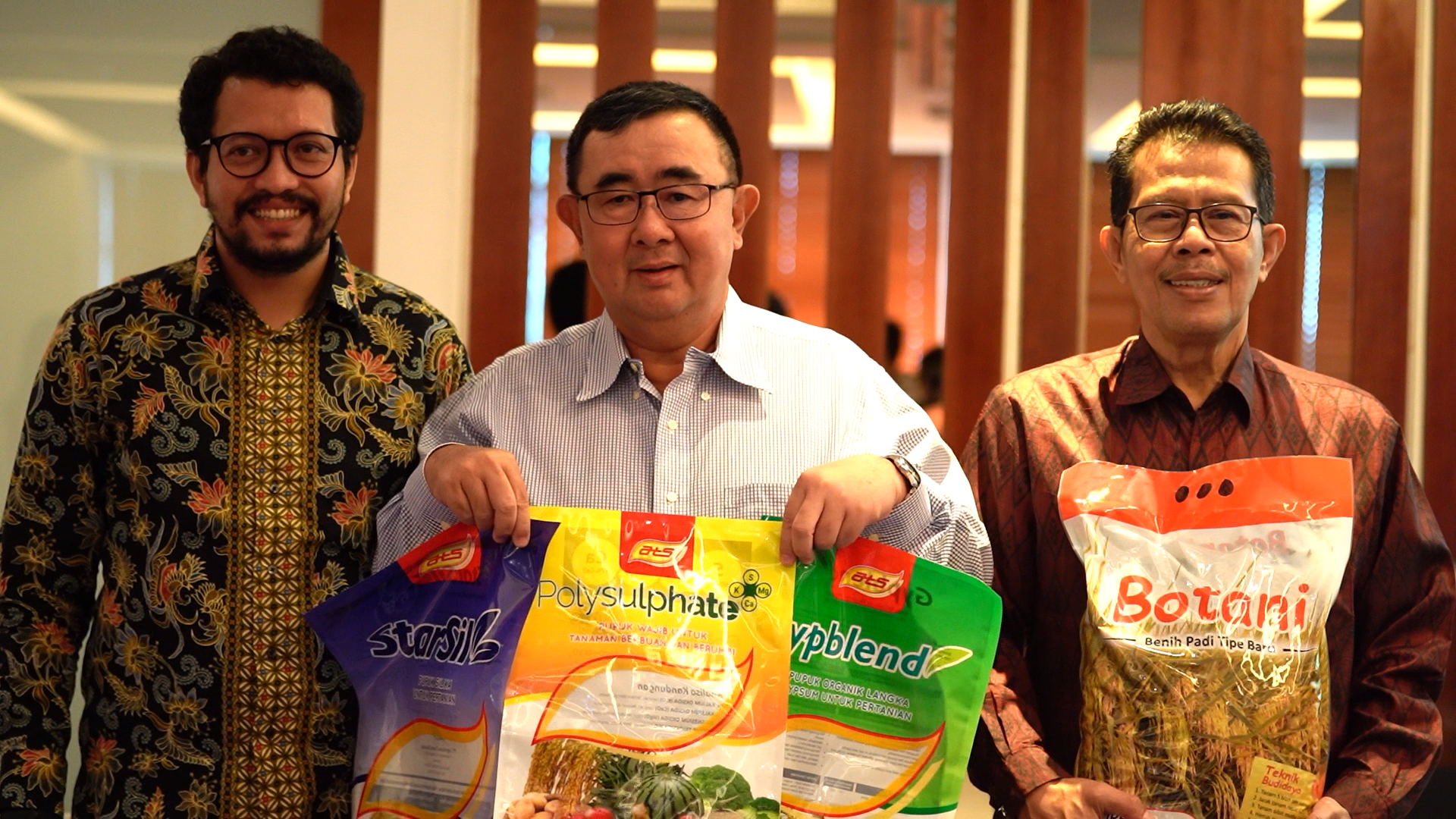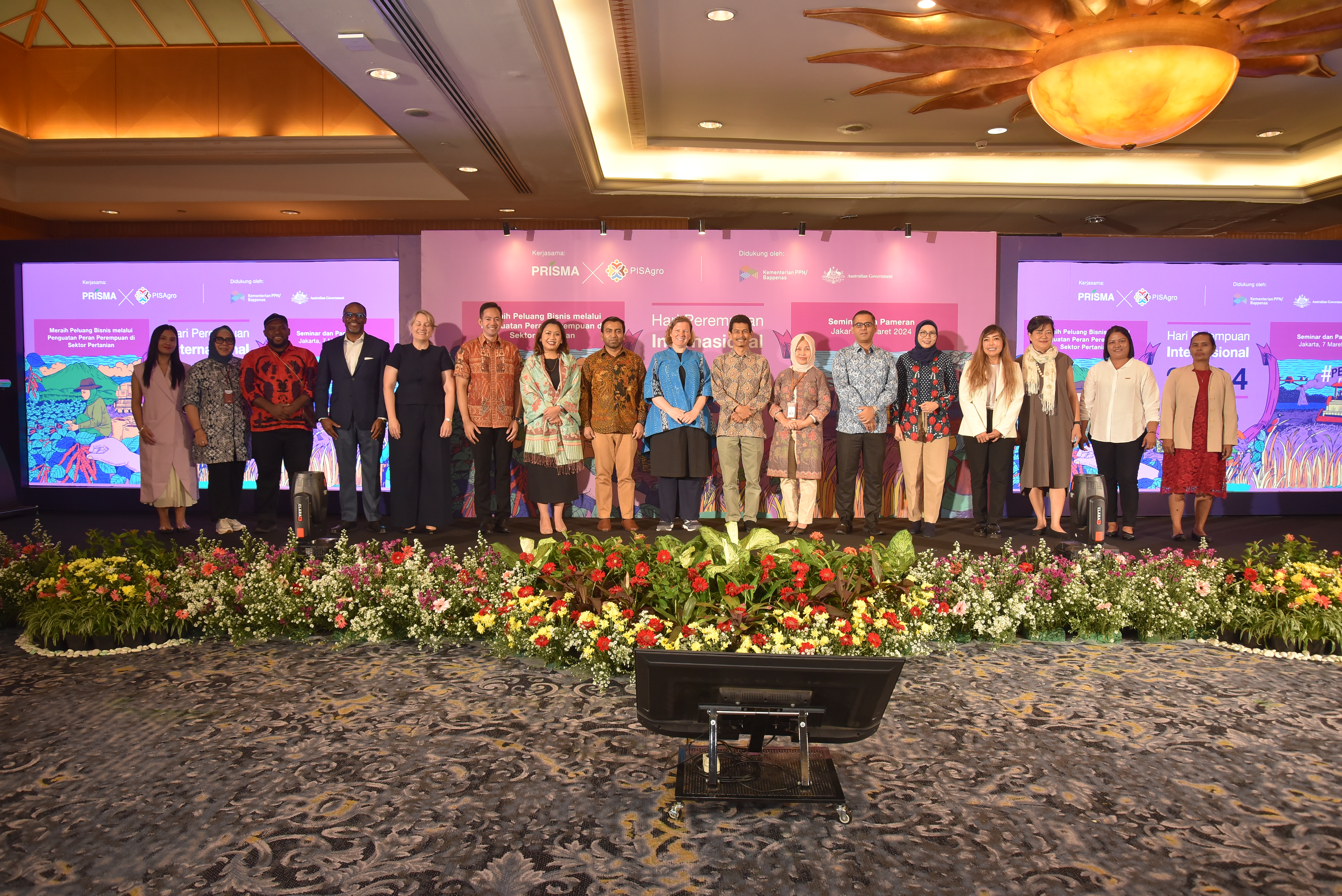Currently, only around 5 per cent of Indonesia’s 28 million smallholder farmers use organic mineral based fertilisers, representing a huge growth potential.
Organic mineral-based fertilisers are produced from naturally occurring mineral deposits. They generally contain high concentrations of plant nutrients and have the advantage of producing less nitrous oxide than chemical fertilisers.
Agricultural businesses can play a vital role in commercialising organic mineral-based fertilisers and encouraging practices (through customer centric marketing, continuous education, and inclusive outreach) that reduce emissions and improve productivity.
When chemical fertilisers hit the soil, they have a faster microbial reaction, creating nitrous oxide. Nitrous oxide is 300 times more potent at warming the atmosphere than carbon dioxide and can stay in the atmosphere for 100 years. The microbial reaction for organic mineral fertiliser is much slower than chemical fertilisers.
Approximately 70 per cent of agricultural land in Indonesia is in a degraded or unhealthy state,3 primarily due to farmers' reliance on chemical fertilisers.




















